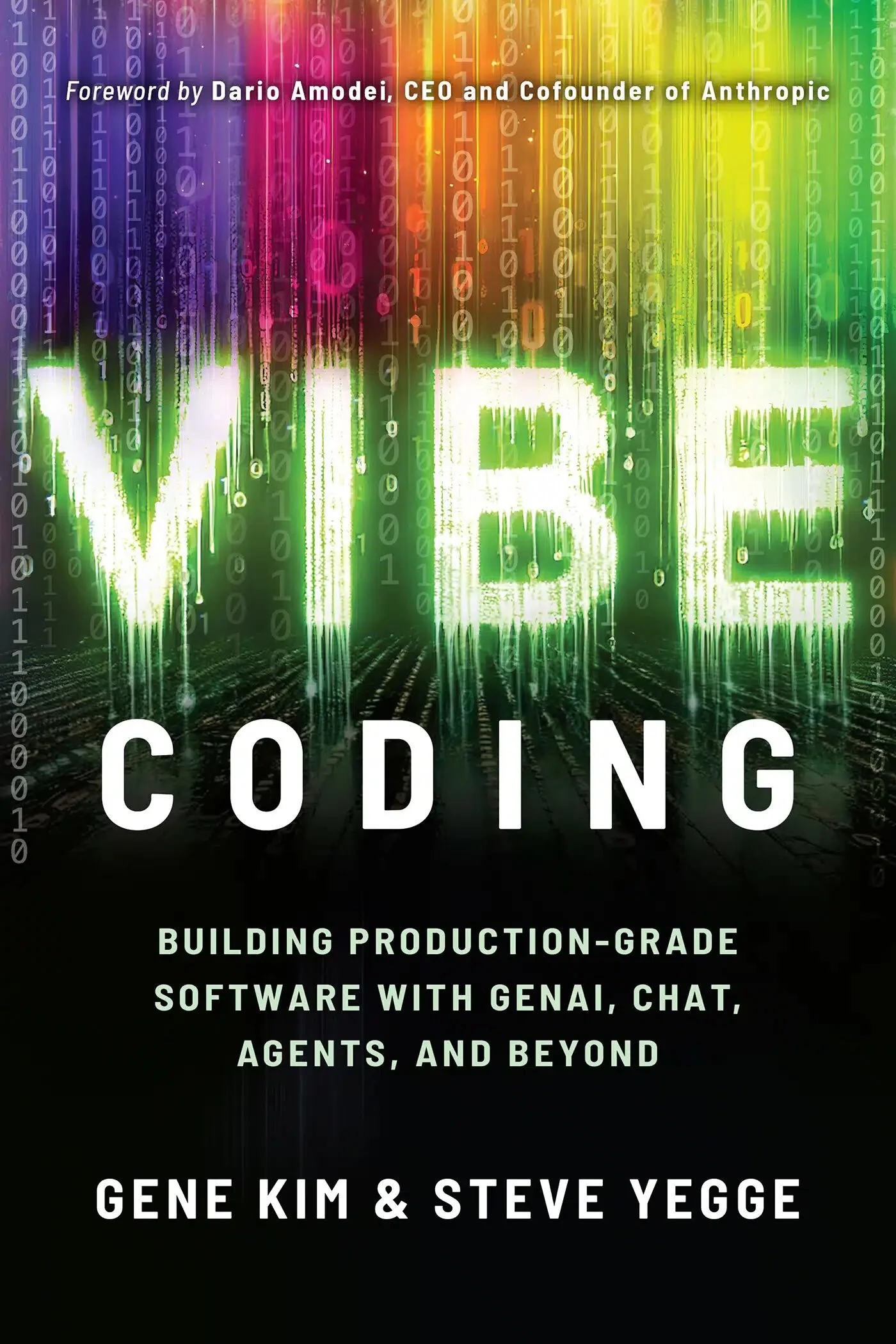
AI content, with a human face
A recent poll on LinkedIn from Alex Ewerlöf asked: “Would you read AI-generated posts and articles that are attached to a human name and picture?” The poll offered four choices: My first thought was: ...

A recent poll on LinkedIn from Alex Ewerlöf asked: “Would you read AI-generated posts and articles that are attached to a human name and picture?” The poll offered four choices: My first thought was: ...

It's been a long time since I've felt I like I was hanging on every word of a book. I was so done reading about AI. Then I saw that IT Revolution was publishing a new book: Vibe Coding: Building Produ...

Naming things is hard. One of the hardest things in computer science, as the saying goes. I once spent a full day trying to find the perfect name. Does that seem excessive? Well, consider these factor...